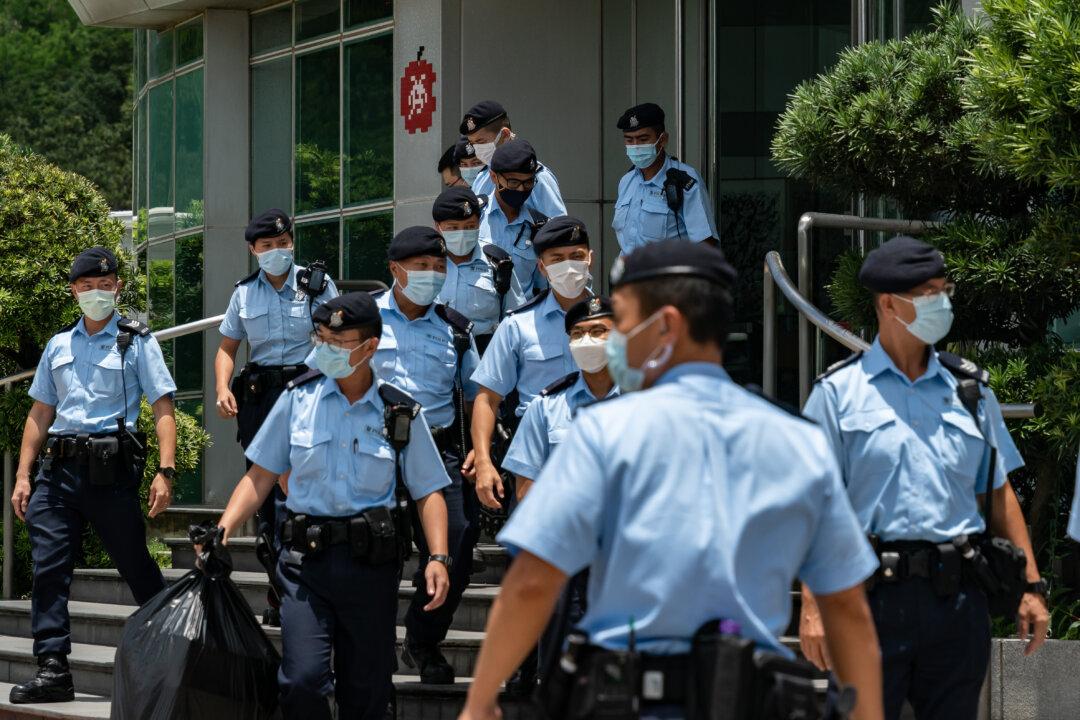World Press Freedom Day was celebrated on May 3. That same day, Reporters Without Borders (RSF), the international non-governmental organization, released its 2022 World Press Freedom Index showing Hong Kong ranked at a record low. It had fallen the furthest of any country from 80th place last year to 148th place today.
RSF’s 2022 edition of the World Press Freedom Index assesses the state of the press in 180 countries and regions around the world. Hong Kong’s score this year was only 41.64 out of 100, moving it down 68 places and to a ranking lower than the Philippines and Libya.





